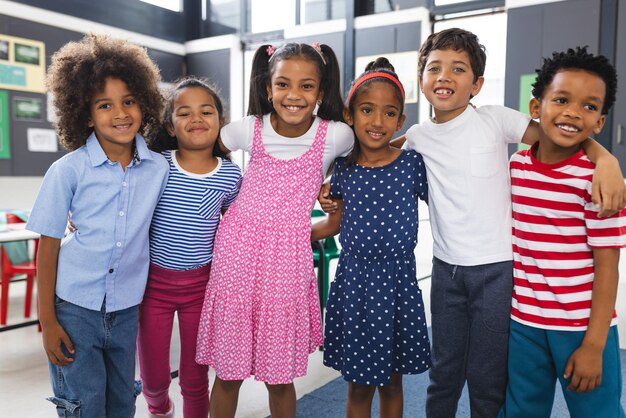Children in Botswana face significant challenges when it comes to participating in governance and policy-making processes. Despite existing legal frameworks such as the United Nations Convention on the Rights of the Child and Botswana’s Constitution, which emphasize the importance of children’s rights and inclusion, their voices remain largely underrepresented in decisions that directly affect their lives. Societal norms, systemic barriers, and a lack of platforms for youth expression all contribute to this marginalization.
In response to this issue, Phalaneng will host the Young Art, Young Voices Seminar on February 21st, an event designed to empower children by creating a space for them to voice their thoughts and ideas. This initiative aims to bridge the gap between the youth and the decision-making processes that influence their futures.
A Call for Inclusion
Children in Botswana, like in many parts of the world, are often excluded from discussions about governance, policy-making, and societal development. The legal frameworks in place, such as the United Nations Convention on the Rights of the Child, highlight the importance of considering children’s views in all matters that affect them. Botswana’s Constitution also guarantees children’s rights, yet participation remains largely symbolic rather than substantial.
Barriers such as limited access to decision-making forums, societal attitudes that deem children’s opinions less valuable, and insufficient efforts to involve them in public discourse contribute to their exclusion. As a result, children continue to be passive recipients of policies instead of active contributors to the processes that impact their well-being and development.
Young Art, Young Voices Seminar: A Platform for Change
The Young Art, Young Voices Seminar will offer a crucial opportunity for children in Botswana to have their voices heard. The seminar, set to take place on February 21st, aims to create an interactive space where children can freely express their ideas, concerns, and dreams.
This event will not only provide an avenue for youth to share their thoughts but also serve as an educational platform, teaching them about their rights and how they can participate in shaping their future. By engaging with art and creative expressions, the seminar will encourage children to explore governance, policy, and societal issues in innovative ways.
Fostering Intergenerational Dialogue
One of the core objectives of the seminar is to promote intergenerational dialogue. By creating a space where children can share their ideas with adults and policymakers, the event seeks to challenge existing norms that limit children’s involvement in governance.
Fostering this kind of dialogue is vital to ensuring that policies and decisions are truly inclusive. Children’s perspectives often differ from those of adults, offering unique insights into issues such as education, healthcare, and child protection. These perspectives, when incorporated into policy-making, can lead to more effective and equitable solutions that better meet the needs of the youth.
Educating Children About Their Rights
An essential component of the Young Art, Young Voices Seminar is to educate children about their rights and how they can actively participate in the decision-making processes that affect them. Through workshops and discussions, children will learn about the legal frameworks that protect them, such as the United Nations Convention on the Rights of the Child, and how these frameworks can be used to advocate for their needs.
By empowering children with knowledge of their rights, the seminar aims to cultivate a generation of young individuals who are not only aware of their entitlements but also capable of advocating for themselves and others in various platforms.
Influencing Policy through Youth Engagement
Ultimately, the Young Art, Young Voices Seminar seeks to influence policy and governance in Botswana by ensuring that the voices of children are not just heard but also acted upon. When children’s opinions are taken into account, the policies designed to protect and promote their rights become more relevant and impactful.
The seminar provides an opportunity for the youth to directly contribute to discussions on the issues that matter most to them. Whether it’s access to education, child protection, mental health, or environmental sustainability, engaging children in policy discussions ensures that these concerns are addressed in ways that are both practical and effective.
The Young Art, Young Voices Seminar is a significant step forward in empowering the children of Botswana to participate actively in governance and policy-making. By creating a platform for children to express their ideas, educating them about their rights, and fostering intergenerational dialogue, the initiative is working to overcome the barriers that have long hindered children’s inclusion in important decisions.
As Botswana moves toward a more inclusive and participatory society, it is crucial that the voices of its youngest citizens are heard and considered. The Young Art, Young Voices Seminar represents a positive move toward achieving this goal, fostering a generation of informed and engaged children who will one day be the leaders of tomorrow.










